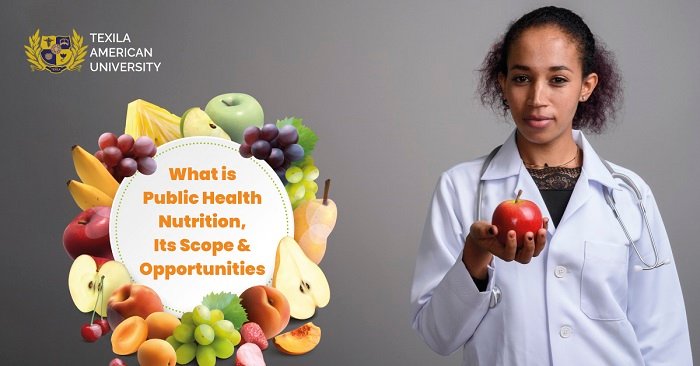In the pursuit of a healthy and balanced lifestyle, nutrition stands as a cornerstone, influencing our well-being at the cellular level.
This blog post delves into the essentials of nutrition, exploring the components of a healthy diet, the impact of food choices on overall health, and the role of nutrition in fostering a vibrant and energetic life.
Understanding Nutrition:
Nutrition is the science that deals with the interactions between living organisms and the substances they consume for sustenance. It encompasses the study of nutrients, their absorption, metabolism, and the physiological effects they have on the body.
Components of a Healthy Diet:
Carbohydrates: A primary source of energy, carbohydrates are found in foods like grains, fruits, vegetables, and legumes.
Proteins: Essential for building and repairing tissues, proteins are present in sources like meat, dairy, beans, and nuts.
Fats: Fats play a crucial role in energy storage, cell structure, and nutrient absorption. Healthy sources include avocados, nuts, olive oil, and fatty fish.
Vitamins: Essential for various bodily functions, vitamins are found in a range of foods. For example, vitamin C in citrus fruits, vitamin D in sunlight, and vitamin A in carrots.
Minerals: Important for bone health, nerve function, and more. Common minerals include calcium (dairy, leafy greens), iron (meat, beans), and potassium (bananas, potatoes).
Adequate hydration is vital for numerous bodily functions, including digestion, nutrient transport, and temperature regulation.
The Impact of Food Choices on Health:
Energy Balance:
The balance between calories consumed and calories expended influences weight management. Consistently consuming more calories than the body needs can lead to weight gain, while a calorie deficit results in weight loss.
Soft Foods After Tooth Extraction: 50 Delicious Options
Nutrient Density:
Choosing nutrient-dense foods ensures that the body receives essential vitamins, minerals, and other beneficial compounds without excess calories. Fruits, vegetables, whole grains, and lean proteins are examples of nutrient-dense choices.
Gut Health:
The health of the gut microbiome, composed of trillions of microorganisms, is influenced by diet. Fiber-rich foods, fermented products, and prebiotics support a healthy balance of gut bacteria.
Disease Prevention:
A well-balanced and nutritious diet is associated with a lower risk of chronic diseases such as heart disease, diabetes, and certain cancers. Antioxidant-rich foods, like berries and leafy greens, help combat oxidative stress.
Practical Tips for a Healthy Diet:
Balanced Plate:
Aim for a balanced plate with a variety of colorful fruits and vegetables, lean proteins, whole grains, and healthy fats.
Portion Control:
Be mindful of portion sizes to avoid overeating. Listen to hunger and fullness cues, and savor each bite.
Hydration:
Drink an adequate amount of water throughout the day. Limit sugary drinks and excessive caffeine intake.
Limit Processed Foods:
Reduce the intake of highly processed and refined foods, which often contain added sugars, unhealthy fats, and high levels of sodium.
Mindful Eating:
Practice mindful eating by paying attention to the flavors and textures of food. Avoid distractions while eating to enhance awareness.
Conclusion
Nutrition is the cornerstone of overall well-being, influencing our energy levels, immune function, and long-term health.
By making informed and mindful food choices, embracing a variety of nutrient-dense foods, and maintaining a balanced lifestyle, we can nourish our bodies and foster a vibrant and energetic life.
As we embark on the journey of holistic wellness, let nutrition be the compass guiding us toward a path of health, vitality, and longevity.

